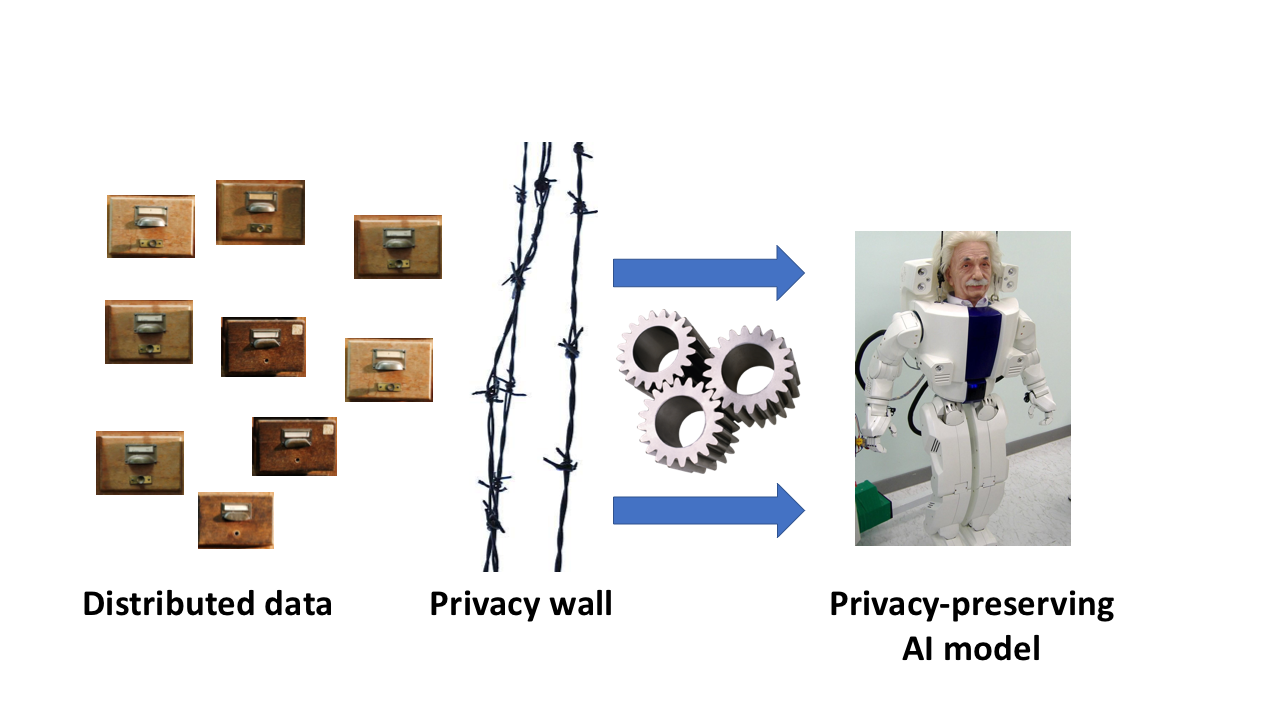Recent work by FCAI researchers Tuukka Ruotsalo, Tung Vuong, Khalil Klouche, Salvatore Andolina and Giulio Jacucci investigate the role of interactive machine learning in exploring data. Their particular emphasis is on efficient user input and transparency of recommendation – the ‘how’ and ‘why’ of search queries, respectively.
In one case, users explore points of interests using available social content and review data from Yelp Phoenix, Arizon (11,000 PoI; 225,000 reviews; 42,000 users): personal preferences, tags combined with personal preferences, and tags and social ratings combined with personal preferences. The transparency (provenance) of recommendation was decisive as the combination of social rating information and personal preference information improves search effectiveness and reduce the need to consult external information.
In other research in exploring the entire data set of scientific publications over 50 million papers, the FCAI team have been able to show – using similar graph-based machine learning – how to support efficient user input in exploration by allowing users to easily interact with entities such as people, keywords and documents.
The research is a prime example of interactive AI and has important implications for developing system that aid exploration of products, documents, points of interest or people. The examples showcase how online machine learning can make use of user input for interactive AI.
See the research article:
https://www.sciencedirect.com/science/article/pii/S0306457316306045




